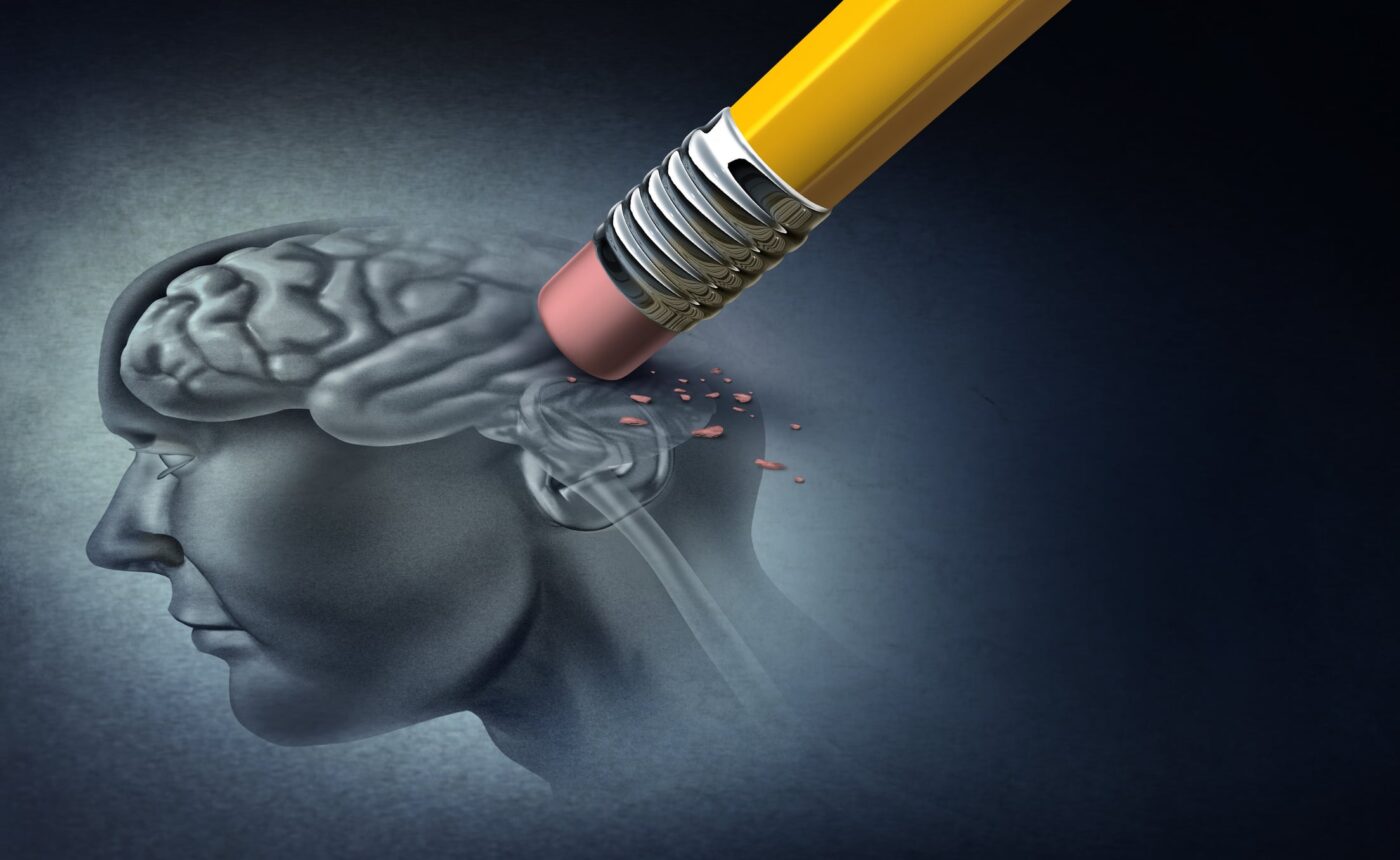Alzheimer’s disease is the most common cause of dementia and accounts for 62% of all people experiencing symptoms of dementia.
It’s important to understand that dementia is not a diagnosis; dementia just an umbrella term which describes an impaired cognitive status, which can occur as a result of a number of different conditions. To qualify for the status of dementia, an individual must be experiencing progressive decline in at least two aspects of their thinking ability, for example memory and calculation ability or planning ability or insight. In addition, these cognitive or thinking problems, need to interfere with the individual’s ability to independently undertake their normal daily activities. Lots of conditions cause dementia, including the most common cause Alzheimer’s disease, vascular disease, Parkinson’s, Lewy Body disease and many others. Just the same as there are lots of causes of headaches, there are lots of causes of dementia.
Types of Alzheimer’s
There are two forms of Alzheimer’s disease; early onset Alzheimer’s, where symptoms first appear under the age of 65 (this affects 42,000 people in the UK), and the more common late onset Alzheimer’s, where symptoms appear over 65 years.
Symptoms of Alzheimer’s disease are mild to begin with and progress over time. The key symptoms include memory loss, inability to solve problems or complete simple, familiar tasks, confusion, difficulty with speech, misplacing and losing things and changes in mood. As these symptoms progress, to eventually take away a person’s independence.
Alzheimer’s disease is complicated, but is characterized by the build-up of two key proteins in the brain – amyloid and tau. A person with Alzheimer’s disease has higher levels of these proteins, which build up in the brain, eventually destroying the brain cells, which control our cognitive functions. Therefore, if you have high levels of amyloid and tau in your brain, you are at risk of developing Alzheimer’s Disease. This is similar to the risk of developing heart disease, if you have high levels of cholesterol.
Early symptoms of Alzheimer’s disease:
• Short term memory loss – this can be one of the most significant first symptoms where the individual struggles to retain newly learned information
• Repeatedly asking the same questions – where they don’t remember having asked the question before
• Changes in mood and behaviour – the individual may become anxious, depressed, confused, suspicious or have unexpected or uncharacteristic anger
• Getting lost in a familiar environment and have difficulty retracing steps. Loss of sense of direction and disorientation
• Forgetting words / problems with speech, language and writing – they may experience difficulties in following conversations, be unable to find “easy” words, repeat themselves or refer to things by the wrong name
• Difficulty in performing every day, seemingly normal tasks that have always been performed
• Misplacing items or putting items in unusual places e.g. car keys in the kettle
• Issues with balancing and spatial awareness – vision can be affected by people with Alzheimer’s disease
• Becoming passive or disinterested or having poor judgment – they may stop paying attention to their appearance of make bad decisions when dealing with money
• Problems with calculation or problem solving – concentration may be affected and they may take longer to perform everyday tasks that they have done before
If you are experiencing any of these symptoms or know of someone who may be, it’s important to seek medical advice. Any early diagnosis is the key to getting the very best treatment and support.
Re:Cognition Health provides the opportunity to enrol on final phase international clinical trials for new generation medications, designed to slow further progression of memory loss and other aspects of your thinking ability, due to Alzheimer’s and other causes of memory loss.
The medications available, currently, outside of clinical trials are symptomatic only, meaning that they help the dying cognitive brain cells to work more efficiently, whereas the new medications available today, only in clinical trials, are designed to prevent the destruction of the brain cells, in the first place.
If you are interested in learning more about the opportunity to gain early access to these new medications, provided through clinical trials, please call 0203 355 3536 or visit: https://recognitionhealth.com/our-services/clinical-trials/
 Visit our USA website
Visit our USA website





